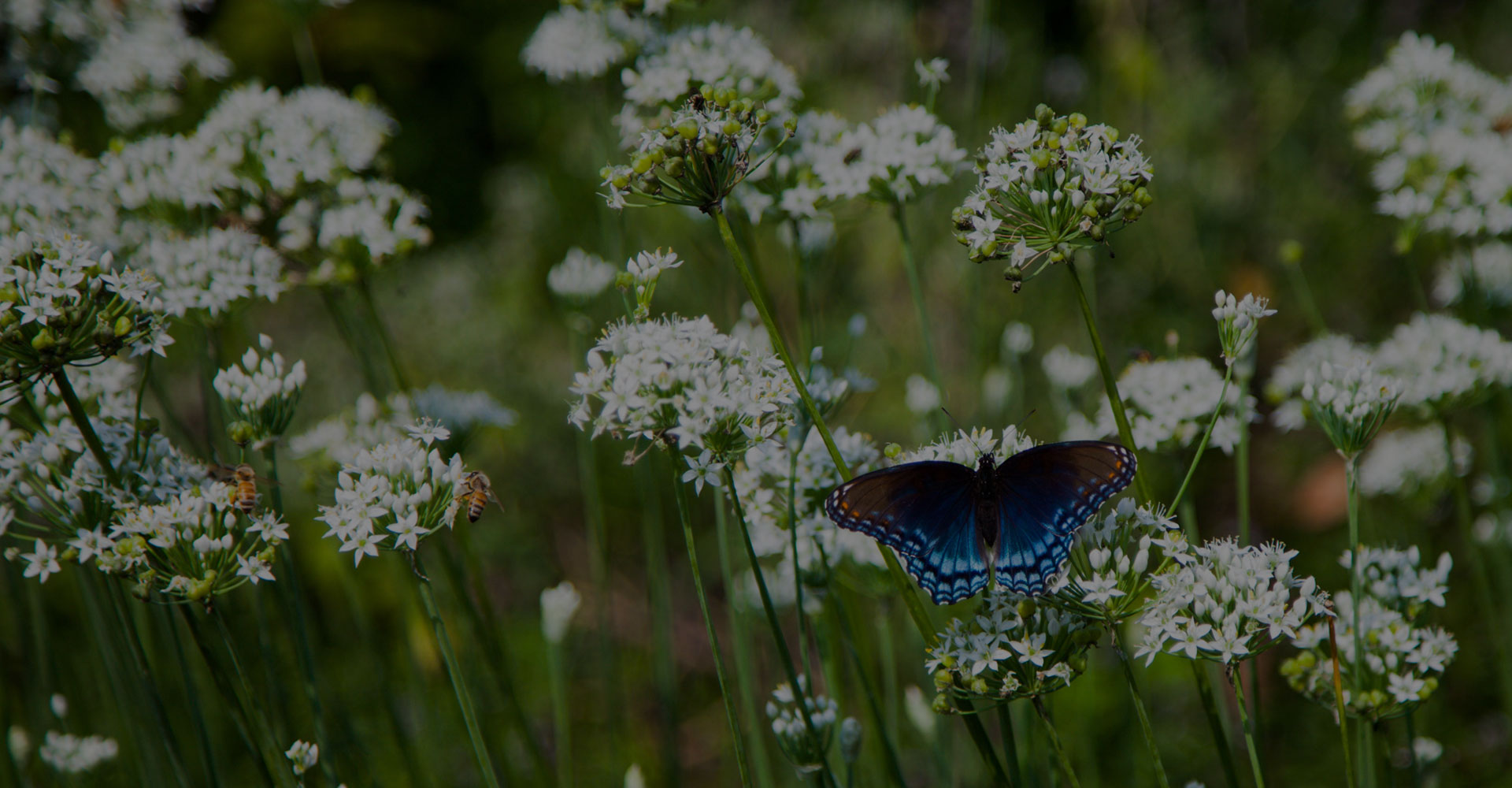28 Mar Farmer as food handler
Similar to the practice of any serious art or craft, farmers must stay abreast of best practices and innovative techniques in the field of agriculture. New information acquired through research and professional development is then integrated into the farmer’s continuous practice of observation and reflection: it’s a process of constant refinement, always both humbling and educational.
While we like to geek-out over soil science, varietal selection and of course, equipment, we also take health very seriously. In fact, some may consider the farmer a primary healthcare provider, not only growing food to nourish a community but also taking great care in the handling of that food to ensure safety.
Last week I was privileged enough to attend a workshop on food safety presented by familyfarmed.org. Facilitated by successful farmer and author Atina Diffley, we examined best practices around food safety, post harvest handling, packing, and business management. Participants also learned how to create a food safety manual. Here, at Blooming Glen, we are fortunate because Tricia and Tom already have many of these systems in place to ensure that the food we grow maintains a chain of health from seed to harvest.
If a farmer fails to understand what health is, his [her] farm becomes unhealthy; it produces unhealthy food, which damages the health of the community… Wendell Berry
While we are proud of the integrity that goes into the production of our summer abundance, we also understand that this food is feeding your families. Therefore, our craft is not only an honor but a deep responsibility. By entering into this rather intimate relationship of mutual dependence, we are also engaged in a relationship of trust: as farmers we rely on you – the customers – to support our livelihood and co-create a shared community; as customers you are entrusting us – the farmers – with your health by way of the production of quality, nutritious, and safe food.
So while we strive to create a more resilient farm organism through mindful crop planning, soil health, careful cultivation techniques, and informed pest management, we also have systems to prevent plant and human pathogens.
Many of you will remember our blog post last fall on the Food Safety Modernization Act, asking you to submit comments to the FDA on their proposed food safety rules. Following is a recent follow-up quote from Brian Snyder, Executive Director of the Pennsylvania Association for Sustainable Agriculture (PASA):
“For the first time in recent history all of agriculture was speaking with one voice saying ‘Please don’t make it impossible for family farmers to stay on the land, producing the fresh fruits and vegetables that our citizens want to be healthy and value-adding small businesses our rural communities need in order to thrive.’
Add to this massive coalition the voices of PASA members and countless others who spoke at public meetings, talked with legislators, and customers, resulting in the submission of more than 25,000 written comments to the FDA by the deadline on the Friday before Thanksgiving, and you will know why we weren’t so surprised when, just before Christmas, the FDA announced they would be taking another crack at the most controversial parts of the proposed rules, starting from scratch with all the information they had received.
This welcome news was followed by a meeting I attended in January between the core leaders of our coalition and officials at FDA, including Deputy Commissioner Michael Taylor, to support the process of writing new rules and implementing them in a way that will work both for farmers and consumers who wish to access the freshest of foods for their families. This has truly been a watershed moment for our movement, giving us an opportunity to stop and celebrate . . . even if for just a short while.”- Brian Snyder
Now that’s exciting news! We will keep you informed as we learn of any new updates to the proposed rules. In the meantime, we continue with our commitment to bring you the healthiest produce possible!
Written by Jen Malkoun, assistant manager at Blooming Glen Farm. Photographs and editing by Tricia Borneman.








Sorry, the comment form is closed at this time.